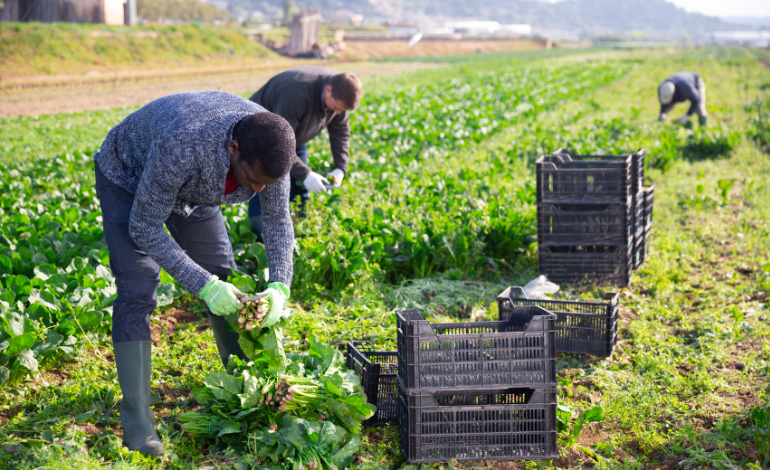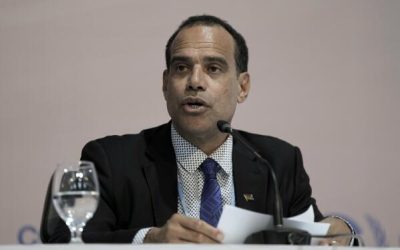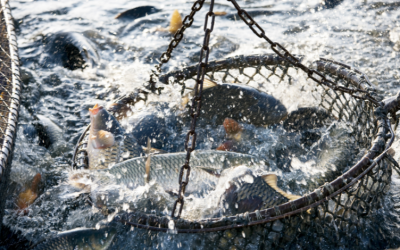As Samoa heads toward its general election scheduled for 29 August 2025, labour mobility has emerged as a key plank in both government policy and the national development conversation. With the economy facing structural challenges, the government and opposition alike are highlighting overseas employment schemes as a lifeline for Samoan families and a driver of economic stability.
 Samoa’s labour mobility programmes, particularly through Australia’s Pacific Australia Labour Mobility (PALM) scheme and New Zealand’s Recognised Seasonal Employer (RSE) scheme have long been crucial sources of remittance income for households across the islands. Remittances account for over 20 per cent of Samoa’s GDP, and for many families, they are the primary means of covering education, healthcare, and housing costs.
Samoa’s labour mobility programmes, particularly through Australia’s Pacific Australia Labour Mobility (PALM) scheme and New Zealand’s Recognised Seasonal Employer (RSE) scheme have long been crucial sources of remittance income for households across the islands. Remittances account for over 20 per cent of Samoa’s GDP, and for many families, they are the primary means of covering education, healthcare, and housing costs.
In the post-pandemic recovery period, these programmes have expanded significantly. As of mid-2025, nearly 6,000 Samoan workers are employed across New Zealand and Australia through seasonal or longer-term arrangements. The Ministry of Commerce, Industry and Labour has been actively working to streamline recruitment processes and ensure fair treatment of Samoan workers abroad, while also exploring opportunities in sectors beyond agriculture and hospitality.
However, the benefits of labour mobility are not without challenges. Critics argue that large-scale outmigration risks creating domestic skills shortages, particularly in trades, healthcare, and teaching. With elections approaching, opposition candidates are calling for more investment in local job creation and vocational training, to ensure that Samoa does not become over-reliant on its diaspora workforce.
Meanwhile, the government has defended its approach as both pragmatic and empowering. Prime Minister Fiamē Naomi Mataʻafa has emphasised that overseas employment gives Samoans a choice—along with income and international experience—and that remittance-driven households are among the most resilient during economic downturns.
Economic forecasts for 2025 remain mixed. While tourism has rebounded, inflation and high import dependence continue to weigh on household budgets. The question of how to balance external labour opportunities with domestic development will be central to this year’s election debates.
For now, Samoa’s approach to labour mobility stands as a critical component of its economic strategy: providing income, dignity, and opportunity, while the nation weighs its next political chapter.



